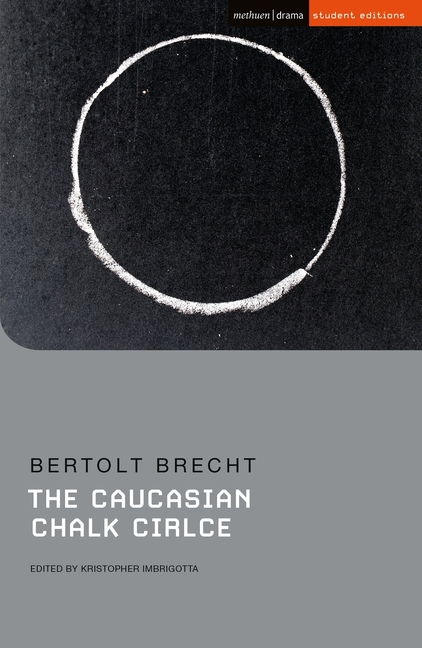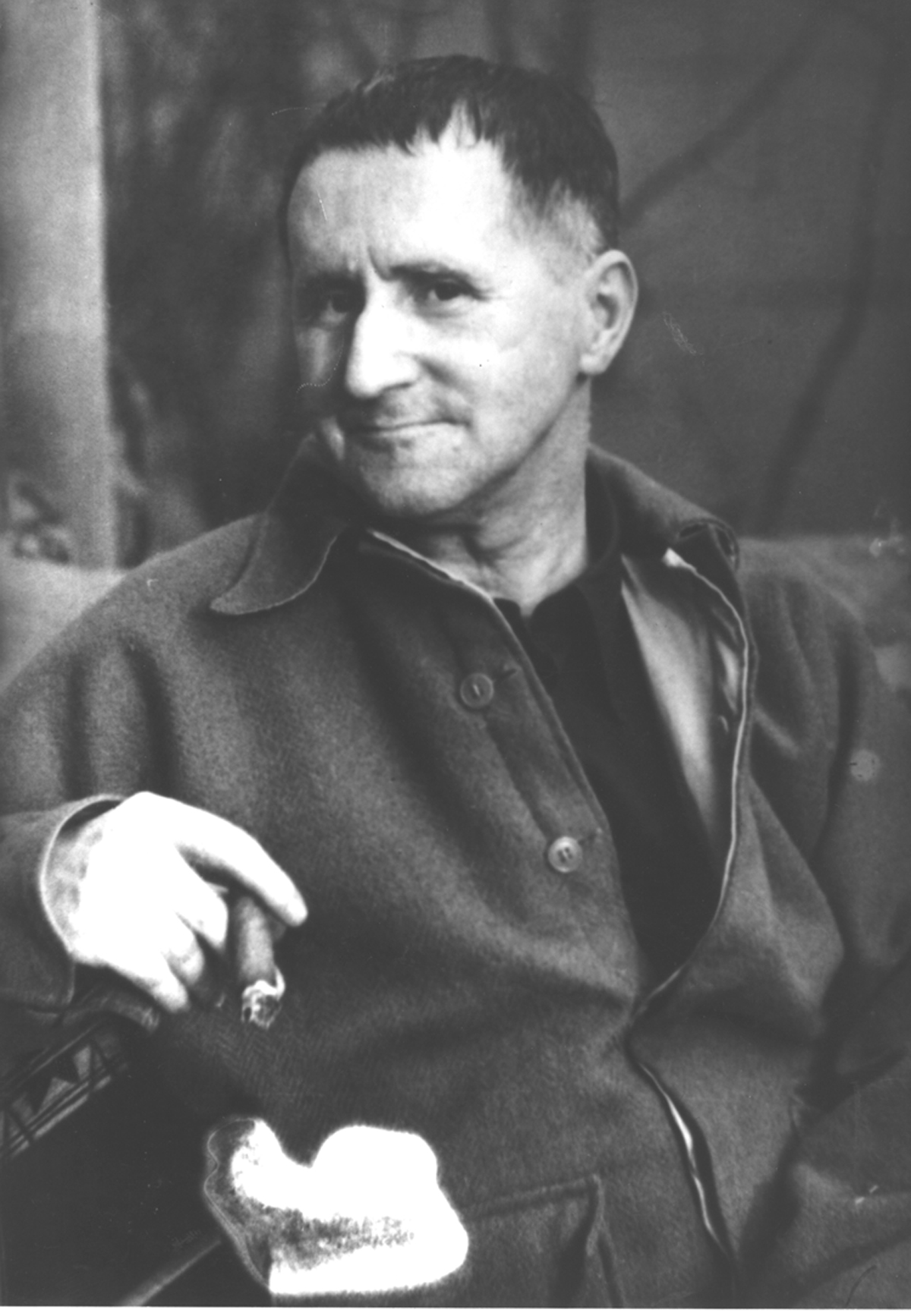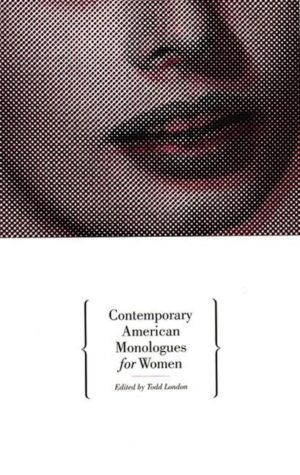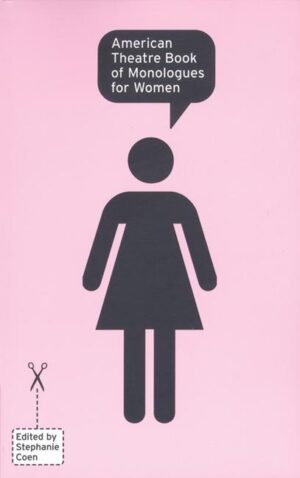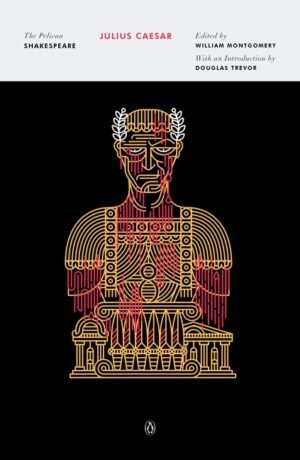Brecht projects an ancient Chinese story onto a realistic setting in Soviet Georgia. In a theme that echoes the Judgment of Solomon, two women argue over the possession of a child. Thanks to the unruly judge, Azdak (one of Brecht’s most vivid creations) natural justice is done and the peasant Grusha keeps the child she loves, even though she is not its mother.
Written while Brecht was in exile in the United States during the Second World War,
The Caucasian Chalk Circle is a politically charged, much-revived and complex example of Brecht’s epic theatre.
This new Student Edition contains introductory commentary and notes by Kristopher Imbrigotta from the University of Puget Sound, US, offering a much-needed contemporary perspective on the play.
The introduction covers:
– narrative structure: play about a play within a play (“circle”)
– songs and music
– justice and social systems
– context: Brecht, exile, WWII, socialism
– notions of collective and class
– fable and story adaptation, folk fairy tale
-
Hi, I'm Bertolt Brecht
Bertolt Brecht (1898-1956) was the author of The Threepenny Opera, Mahagonny, Mother Courage, The Life of Galileo as well as many other plays, poems, and theoretical writings. Ardent antifascist, friend to Walter Benjamin, and wily ally of the Communists, Brecht was often on the run, "changing countries more often than shoes." As Hitler's armies advanced, Brecht fled to Denmark, Sweden, Finland, and the U.S. before finally settling in East Germany after the war, where he became director of the renowned Berliner Ensemble.

